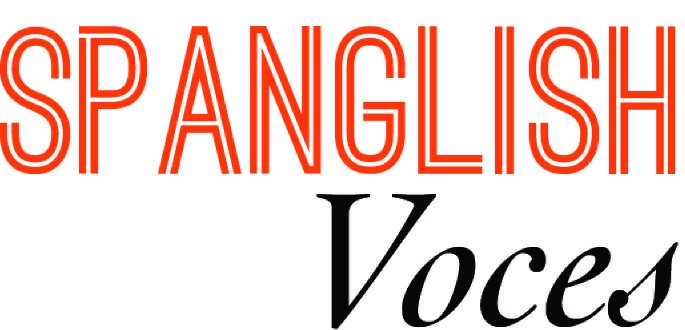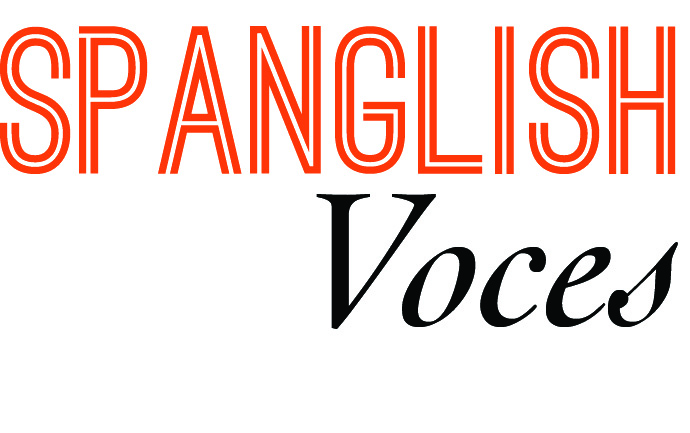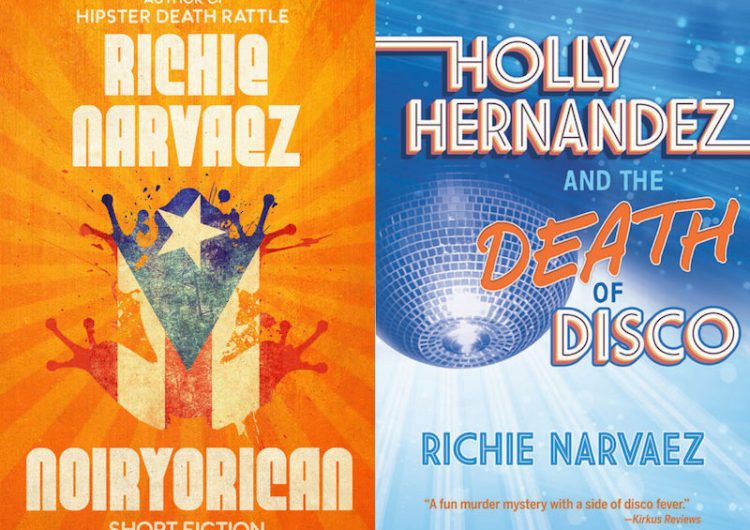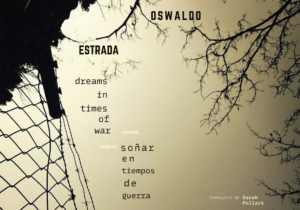If a year ever needed to be escaped from, it was 2020. Como muchos in the BIPOC community, I had a tough time, what with job instability, violence, prejudice, global warming, crumbling democracy, and, oh yeah, una jodienda pandémica. To top it all off, I started the year in a personal funk. I had always wanted to be a genre writer but hadn’t finished anything in a long, long time. Now, good genre writing allows you a clean getaway from reality, but the best of genre reflects back on reality to help us deal with las malditas madres. It also places us not as bystanders or sidekicks, but out in front. And that’s why I was delighted to discover the inspiring work of Richie Narvaez.
A Nuyorican author, Narvaez released not one, but two books during this year del carajo. A friend of mine recommended his newest, Holly Hernandez and the Death of Disco, a Young Adult mystery. I normally avoid YA—no dis, just not my thing—but I do love me some disco. The book turned out to be a revelation.
Holly Hernandez is a bright teenager going to an elite high school in 1979. Her mother’s a detective and has to deal with sexismo at the precinct. When there’s a murder at the school, Holly reacts too fast and accuses her class rival, a socially awkward kid named Xander Herrera. She realizes her mistake a bit too late. While Xander has to face the New York City criminal justice system of the ’70s, Holly works to clear his name.
The book is a fun, fast, absorbing read; it took me away from the inquietud caused by the news, to dance floors and all-night clubbing. At the same time, it shouts out the importance of a music that used to be nothing more than a punchline to some. Disco was made by and for the Latinx, African-American, and LGBTQ communities. The book deals with that bias against disco, a bias that runs deeper than hating on flashy clothes and an insistent beat.
I loved Holly Hernandez, and then I heard that Narvaez had another book out this year. (I want to be that prolific!)
His latest, Noiryorican, is a variety pack of crime fiction, science fiction, and horror y cada cuento te transporta con su energía. One of the highlights for me was the story “Bobo.” Told in one long phone call from the island, a gangster from New York comes to PR after Hurricane Maria. He is on the hunt for buried money, but he needs the help of a man he only sees as a simple jibaro. Other highlights include “Old Pendejo,” about a Mexi-Rican dealing with a zombie apocalypse and a mangy dog, and “La Volcana,” about a Latina superhero who wants to give up la carga of being a role model.
It has been a while since I enjoyed great mystery, horror, or sci-fi, and I had rarely read any of it with mi gente. It was with joy and orgullo that I read these books, and they inspired me to get out of my funk and send out three short stories—and this article—before the end of este año de pesadilla.
Narvaez might not be widely known, perhaps because his books are published by small presses, but maybe his new books will get him the attention he deserves. Maybe in helping readers like me get through 2020, he can find greater success.
 Charlie Cancél is a Jersey-born, half-Puerto Rican actor/writer/poet. He has had work published in Blunt, Sniplits, Pulp Modern Flash, and others. He lives in Queens with his family and is currently working on a novel. Follow him on Twitter: @urbanurbane.
Charlie Cancél is a Jersey-born, half-Puerto Rican actor/writer/poet. He has had work published in Blunt, Sniplits, Pulp Modern Flash, and others. He lives in Queens with his family and is currently working on a novel. Follow him on Twitter: @urbanurbane.






